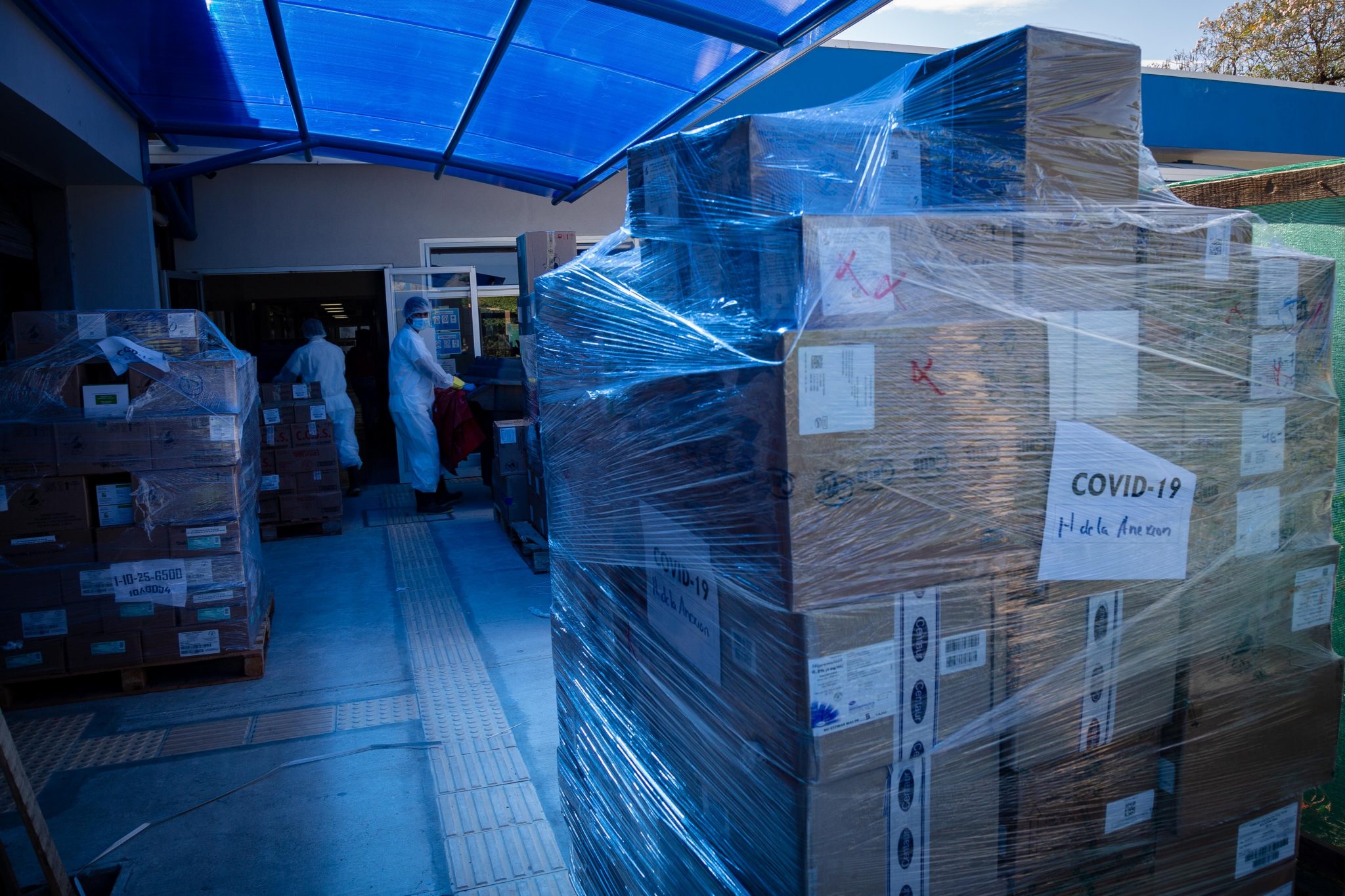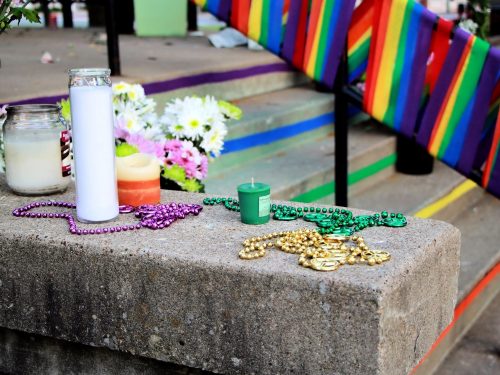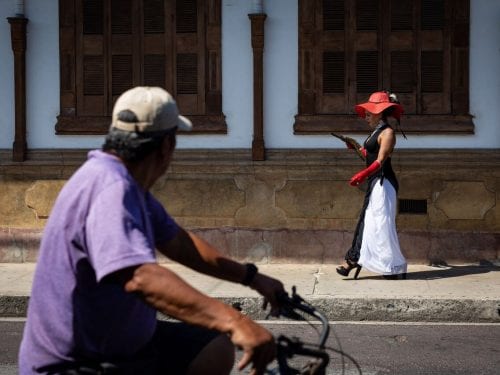
Perhaps you have noticed that the Ministry of Health only reveals the number of confirmed cases with COVID -19 nationwide but does not detail the names or surnames of the people.
The reason behind this is firstly because providing this data is illegal and, from a legal point of view, a person’s health data is considered as “sensitive information”.
Lawyer and member of the citizen organization Abriendo Datos, Ignacio Alfaro, explained that according to Law No. 8968, someone’s medical condition is data protected by law.
“From an administrative point of view, violating that secret is a very serious fault,” says Alfaro. So much that the same law establishes sanctions (in article 28), ranging from prison to the payment of economic fines that can reach more than $2200.
The associate of the legal firm, ECIJA Costa Rica, Mauricio Rapso, added that the Ministry of Health is the only entity authorized to handle that information. Therefore, it must also comply with certain duties: Health can only give access to these sensitive data to its health area officials, who are subject to professional secrecy.
The patient infected with Coronavirus, or the suspect of suffering from it, cannot prevent the Ministry of Health from having access to his medical condition, but he can impose some limitations, for example, limit the dissemination that is made about his medical condition”, added the specialist.
Law No. 8239 also establishes that “all people have the right to privacy,” recalled the member of the Special Commission of the Costa Rican Social Security Fund against COVID -19, Marco Vinicio Boza at a press conference on Saturday 21 of March.
According to Boza, the institution must have the approval of the patients if at any time it decides to reveal their identity.
“Within the bioethics committees that the CCSS has, one of the most important issues is the right to privacy, to respect one’s privacy. If at any time, due to the relevance of the event or the scientific or medical act [we reveal the identity], we talk to people and if they agree, we go out to introduce them,”said the specialist.
Beyond legality
Thinking that identifying the infected could prevent further contagion is also not correct according to several epidemiologists.
The director of Health Surveillance, Rodrigo Marín, said that from an epidemiological point of view, it is useless for people, outside of medical personnel, to know who the infected are.
According to the Ministry of Health, all people must take extreme care (washing regularly their hands), and not only those who live in the same neighborhood as a person infected, for example.
The former Minister of Health, María Luisa Ávila, agrees on this: “It is not worth it because it absolutely does not serve anyone, it only serves the Health authorities,” she said. In other words, as far as the Health Department knows, that it is enough.
Risk of Discrimination
The Office of the United Nations for Human Rights asked countries with confirmed cases of Covid-19 to refrain from disclosing the identity of infected or quarantined persons, as it could cause discrimination.
“Respect their privacy,” recommended the international entity. At the same time, it recommended not to share personal data and photos, since it could generate discrimination “including access to food, medicine and basic necessities”.
The director of surveillance, Rodrigo Marín, agrees on this point. For him, revealing the identity of those infected could urge people to retaliate against them. “That is the least we want,” he concluded.








Comments